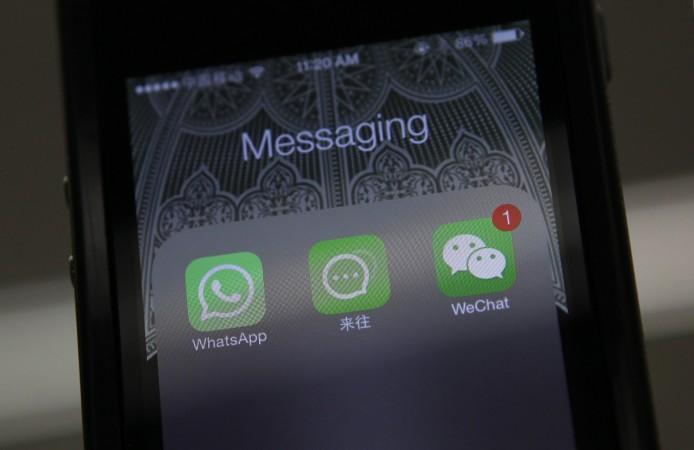
If you have the admin rights over a WhatsApp or Facebook group, you must be shocked by the latest court order that held group administrators liable for punishment over offensive posts shared by group members. While the order was aimed at curbing the spread of fake news, morphed photos and other offensive content on social media, it has also sparked debate over whether censorship laws should rope in chat group admins for objectionable content posted by other users of the platforms.
According to the joint order issued by Varanasi District Magistrate Yogeshwar Ram Mishra and Senior Superintendent of Police Nitin Tiwari, an FIR can be filed against social media group administrators if any factually incorrect, rumour or misleading information is shared by anyone on the group. To avoid being booked, the group admins should immediately deny such information on the group and remove members who share such posts.
The order, which was issued on Thursday, said that violation of these guidelines will result in legal actions under cyber crime law, Information Technology Act and IPC. It also made it clear that authorities will have to consider orders of the Supreme Court of India and other high courts before initiating the action.
This is not the first time that group admins are held responsible for allowing content that could be objectionable under law.
In 2016, the district magistrate of Kupwara in Jammu and Kashmir and the Jharkhand government issued directives to regulate communications on WhatsApp groups. The advisories mandated the admins to register their chat groups with the district social media centre, remove members sharing objectionable information, and also to report such incidents to the concerned authorities. They also prescribed punishment for both members and group admins if they fail to abide by the rules.
Global human rights watchdog Freedom House said in its annual 'Freedom on the Net' report for 2016 that 17 people were arrested for content distributed on WhatsApp, including three WhatsApp group administrators who were arrested for material posted by third parties in their groups.

Many group admins were also reportedly arrested in several occasions in the past under Section 153, 34 of the Indian Penal Code (IPC) and Section 67 of the Information Technology Act (IT Act). However, holding a group admin responsible for posts shared by other members of a chat group has raised questions on how this liability has been imputed.
In a recent order, the Delhi High Court also ruled that WhatsApp group admins cannot be held liable for defamatory statements made by a member of the group. According to the court, group admins can only advise members not to post objectionable content since such posts cane be published by members on group without the approval of the administrator.
The court even observed that holding the administrator responsible for such content "would be like making the manufacturer of the newsprint on which defamatory statements are published liable for defamation."
Before targeting group admins over shared posts, it's important to determine how an admin contributes to a chat group and whether he/she acts as an intermediary. According to the IT Act, an intermediary is "any person, who on behalf of another person, receives, stores or transmits messages or provides any service with respect to that message."
In WhatsApp or Facebook groups, all these tasks are performed by the services themselves, rather than the administrator. Therefore, the intermediaries are WhatsApp and Facebook themselves. Even if it is argued that the administrator acts as an intermediary by enabling communication between multiple persons, Section 79 of the IT Act would protect the group admin from any liability resulting from third party content.
There is no doubt that group admins should play a key role in initiating and moderating the discussion on a group. They should always remain vigilant about what's happening in their groups by frequently updating the rules and regulations and maintaining a proper database.
However, that doesn't necessarily mean that they fall under the legal definition of an intermediary. Therefore, imposing the obligations of an intermediary on group administrators would be an unfair burden on them.

















